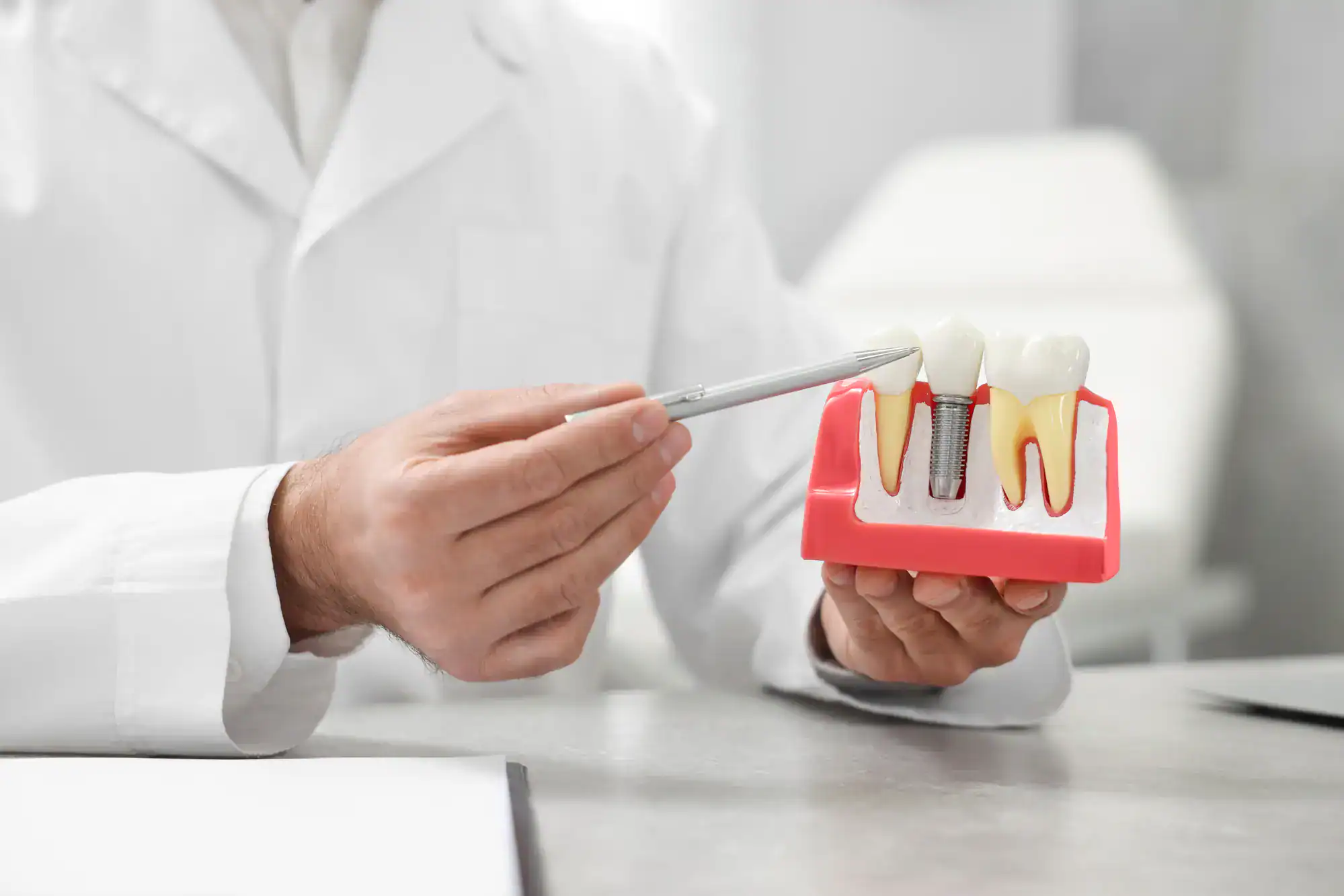A single dental implant and crown typically ranges from $3,000 to $5,000 in the Rensselaerville area. Full mouth reconstruction with implants can range from $15,000 to $30,000 per arch, depending on how many implants you need and what type of restoration works best.
While this represents a significant investment, consider the long-term value. Implants can last decades while dentures need replacement every 5-7 years at $1,500-$3,000 each time. Over 20 years, implants often cost less than repeatedly replacing temporary solutions.
Our office works with several financing companies that offer low-interest payment plans, allowing you to spread the cost over months or years. Some dental insurance plans also provide partial coverage for implant procedures. During your consultation, you’ll get a clear breakdown of costs and payment options available.




